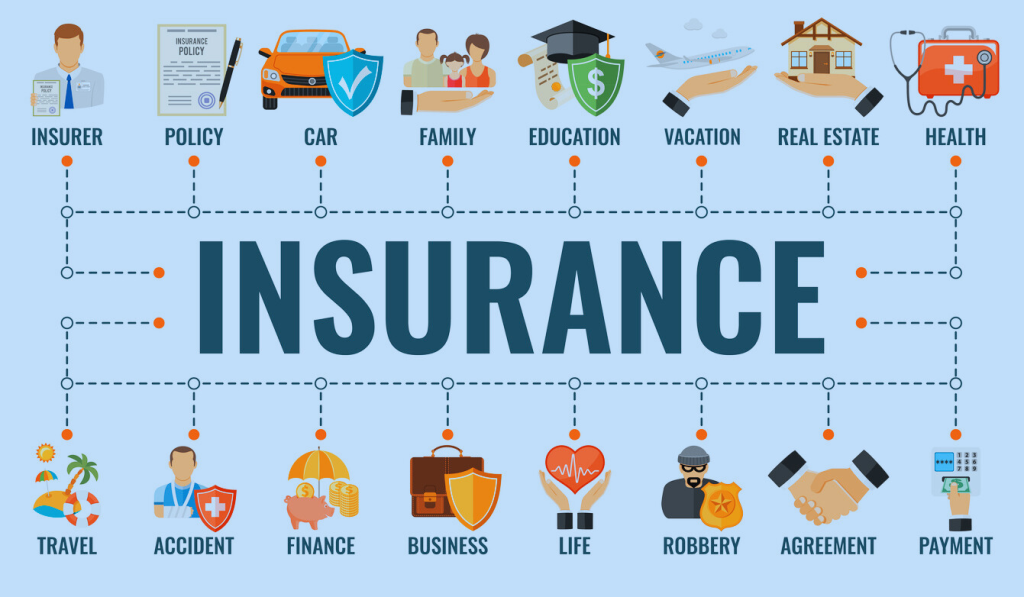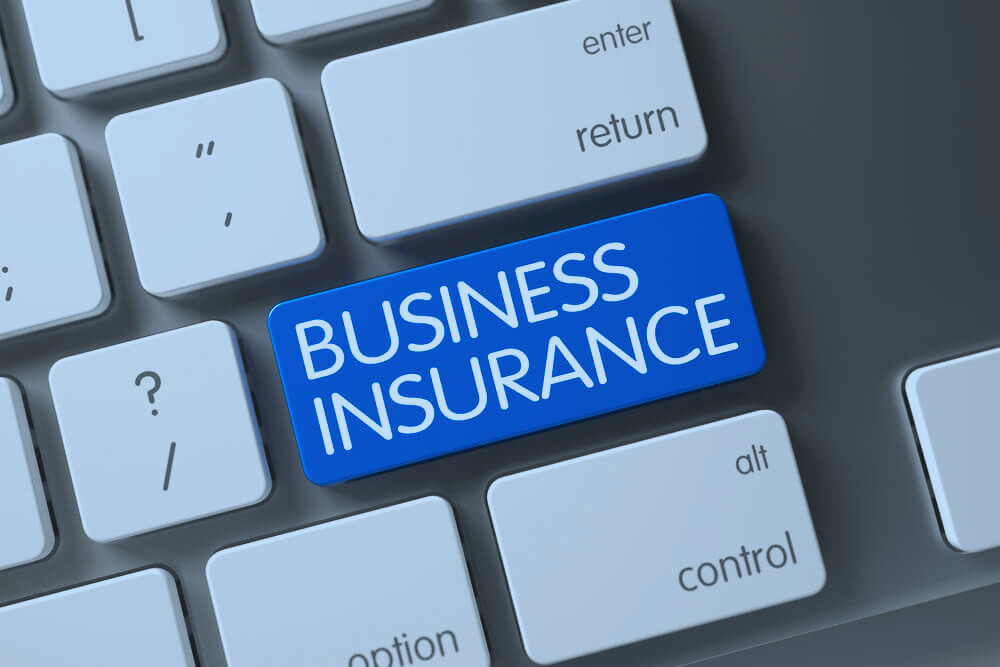Running a business involves handling a wide range of risks, many of which can have serious financial consequences. From unexpected accidents to unpredicted disruptions, every business owner faces potential challenges that can impact operations. To ensure long-term stability, businesses must take proactive steps to protect themselves.
One essential way to do this is by understanding what is commercial insurance coverage and how it can help safeguard against financial setbacks. However, the options and coverage types can be confusing. Understanding what protection is necessary for your business is key to minimizing risk and staying prepared for the unexpected. That said, let’s dive more into the commercial insurance coverage.
What Is Commercial Insurance Coverage?
Commercial insurance coverage is a type of policy designed to protect businesses from various risks and potential financial losses. Businesses, regardless of their size or industry, face numerous challenges, including property damage, liability claims, and employee injuries.
Commercial insurance helps safeguard these businesses by providing coverage that can address unexpected events, ensuring they can continue to operate without crippling financial setbacks. Understanding the different types of commercial insurance available is important for any business owner looking to protect their company and its assets.
Types of Commercial Insurance Coverage
There are several types of commercial insurance, each offering protection against specific risks. Each of these plays a unique role in ensuring a business is properly covered. Let’s take a closer look at the most common types used in business.

General Liability Insurance
General liability insurance is one of the most crucial forms of protection for businesses. It covers claims related to bodily injury, property damage, and personal injury, all of which are common in various industries. For instance, if a customer slips and falls on your premises or if your company accidentally damages someone’s property, general liability insurance steps in to cover the costs of legal fees, settlements, and medical expenses.
Even small businesses that don’t think they are at risk of lawsuits can benefit from general liability insurance. Accidents and unexpected claims can arise at any time, and without coverage, a business could face severe financial consequences.
Commercial Property Insurance
Commercial property insurance provides coverage for physical assets such as buildings, equipment, and inventory. This type of policy is vital for businesses that own or lease property, as it protects against damages caused by fires, storms, vandalism, or theft.
Commercial property insurance typically comes in two forms: named perils and all-risk coverage. Named perils insurance covers only the specific risks listed in the policy, such as fire or theft.
All-risk coverage, on the other hand, provides broader protection, covering all risks unless explicitly excluded. Businesses operating in areas prone to natural disasters, such as floods or earthquakes, may also opt for additional coverage tailored to those specific risks.
Workers’ Compensation Insurance
Workers’ compensation insurance is a legal requirement in most states for businesses with employees. It covers medical expenses, rehabilitation costs, and lost wages for workers who are injured on the job. In return, employees typically give up the right to sue their employer for negligence.
This type of insurance benefits both the employer and employees. Injured workers receive the necessary financial support during their recovery, while employers are protected from potential lawsuits arising from workplace accidents. It’s an essential form of coverage for any business that employs staff, regardless of the industry.
Commercial Auto Insurance
Commercial auto insurance provides coverage for vehicles used for business purposes, whether it’s a single vehicle or a fleet. This insurance covers damages to the vehicles, third-party injuries, and liability claims arising from accidents involving business-owned vehicles.
One key difference between commercial auto and personal auto insurance is that commercial auto insurance covers vehicles used primarily for business activities. If your employees drive company-owned vehicles or use their personal vehicles for business purposes (like deliveries or client visits), commercial auto insurance ensures that your business is protected in case of accidents.
Business Owner’s Policy (BOP)
A Business Owner’s Policy (BOP) bundles multiple types of insurance coverage into one package, making it a cost-effective option for small and medium-sized businesses. Typically, a BOP includes both property and general liability insurance, ensuring that businesses are covered for both physical damages and liability claims.
The primary benefit of a BOP is that it simplifies the process of obtaining insurance, as it provides comprehensive protection in one policy. Moreover, businesses can often customize their BOP to include additional coverage based on their industry and specific risks. For example, a retail business might opt for coverage against shoplifting, while a restaurant may need coverage for kitchen equipment failures.

Business Interruption Insurance
Business interruption insurance is designed to cover lost income when a business cannot operate due to a disaster or other covered events. This insurance helps maintain cash flow during downtime, ensuring that a company can continue to pay ongoing expenses like rent, utilities, and employee wages. For example, if a fire damages a business’s premises, business interruption insurance can compensate for lost revenue until the company is back up and running.
This type of coverage is crucial for businesses that rely heavily on uninterrupted operations, as it safeguards against significant financial setbacks that could jeopardize long-term viability. Even companies that believe they are low-risk should consider this coverage, as unforeseen events can happen at any time, potentially leading to devastating losses without proper protection.
How to Choose the Right Commercial Insurance Coverage
Now that you understand what is commercial insurance coverage, selecting the right coverage for your business involves evaluating your risks and specific needs. Here are some steps to help you make an informed decision:
Assess Your Business Risks
Begin by identifying the potential risks your business faces. If your company operates in a physical location, you might need robust property insurance. Businesses offering services or products to customers may prioritize liability coverage.
Compare Policies
Not all insurance policies are created equal. Take time to compare coverage limits, exclusions, and premiums from various providers. Ensure that you choose a policy that offers sufficient coverage for the risks your business faces.
Work with an Insurance Broker
Brokers can help you navigate the complexities of commercial insurance. They have the expertise to assess your business needs and can recommend the right mix of coverage while ensuring you get the best possible rates.

Conclusion
Commercial insurance is essential for protecting businesses against the unexpected. Whether it’s covering property damage, liability claims, or employee injuries, the right insurance can make the difference between a minor setback and a financial disaster.
Now that you know what is commercial insurance coverage, business owners should take the time to assess risks and choose appropriate coverage is a crucial step toward ensuring long-term success and stability.
Protecting your business today can safeguard its future, allowing you to focus on growth and operations without the constant worry of unforeseen risks. Additionally, many insurance agencies turn to insurance back office outsourcing services to help them with commercial insurance tasks. This allows them to streamline operations and concentrate on delivering exceptional service to their clients.
